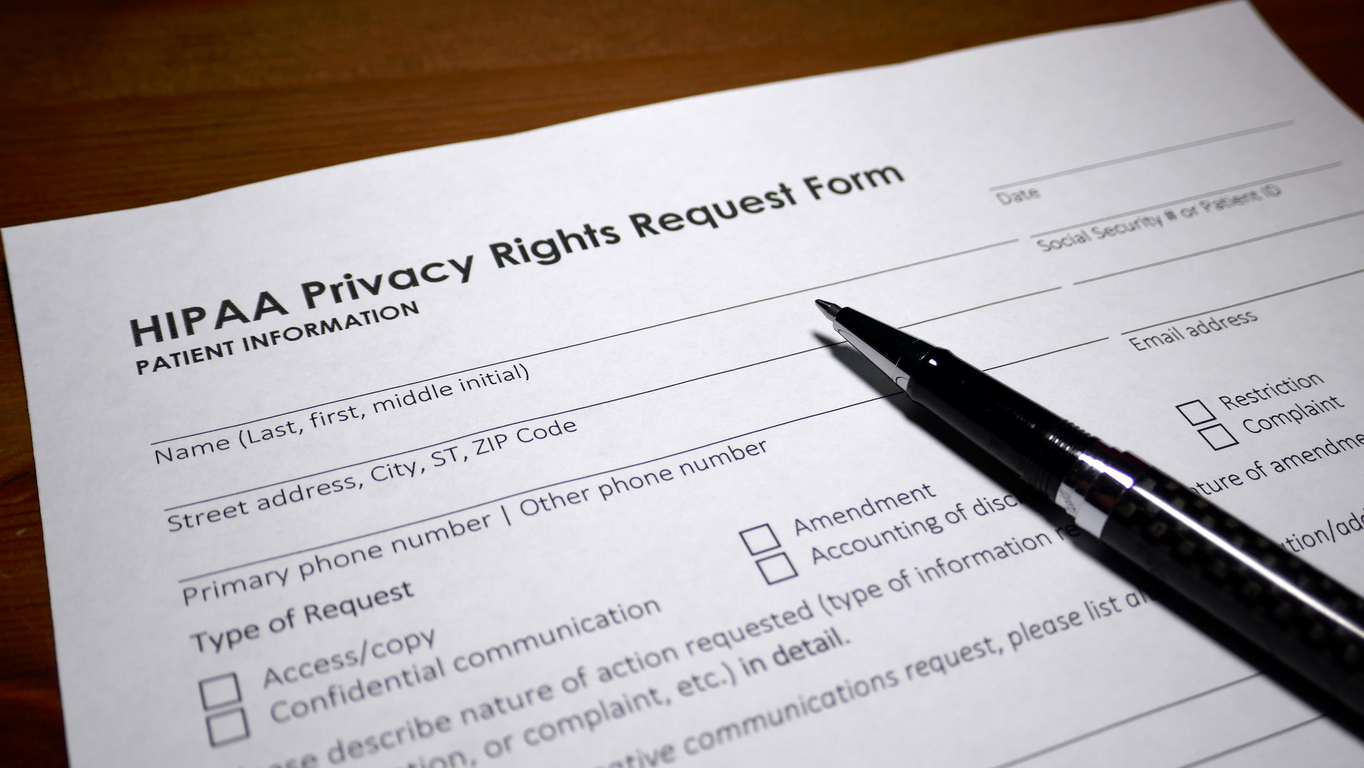
If you run an ABA clinic, you must maintain and protect your patient’s confidential files by following HIPAA regulations. Most files and documents are in electronic format nowadays, so you must consider cybersecurity.
What to Know About HIPAA Regulations
If there is a breach of security in your clinic, you may be liable for the breach. Fortunately, you can protect client information in several ways per HIPAA regulations.
Study the Regulations
In the U.S., two industry regulations will affect your ABA therapy clinic: SOC-2 and the Health Insurance Portability and Accountability Act. SOC-2 is an auditing procedure that protects an organization’s interests by ensuring secure data. HIPAA protects patient information. HIPAA regulations are a guideline for protecting client information at an ABA therapy clinic. If you violate HIPAA, you can face criminal and civil penalties.
Control Access to Physical Documents
While most providers and businesses store most files electronically, nowadays, physical files still require amped-up security. Ensure all patient documents are in a secure space with controlled access. ABA providers should never leave any documents within reach of unauthorized persons. For example, providers file patient records to the office and do not leave the documents in the machine. Label all documents so that all files are easy to locate.
Install a Secure Messaging and File-Sharing Platform
Cyber liability protection includes utilizing a secure file-sharing and messaging platform for your ABA clinic. When sharing confidential information, you cannot use regular email. Unauthorized parties may intercept and access the files if you don’t have encryption software that ensures protection.
Secure platforms will have security protocols like two-factor authentication, encryption, and storage options. When you use a combination of different security features, you increase your chances of protecting patient information.
Offer Regular Training for Employees and Staff
Cybercriminals know how to take advantage of those who may not be tech-savvy. Common cyberattacks include pharming, phishing, and breaching data via hacking. To protect data, your staff must understand how important it is to protect patient data and to remain HIPAA compliant. Set up training courses for your team to recognize various scams.
When hiring staff, managers must perform background checks on all potential staff before they have access to patient information. Those with a criminal background or history of addiction may be more prone to lapses of judgment.
Maintain Up-to-Date Technology
Your security technology is your ABA clinic’s first line of defense against a breach. Download the latest anti-virus and anti-malware to protect your client’s confidentiality and facility. Think of security technology like the vaccine against cyber threats.
To ensure that your programs remain updated, schedule automatic updates. Cybercriminals are continually working on new ways to access data. If you do not have updated software, then the odds are cybercriminals already have a way to bypass your current security system.
Remain Alert About the New Cyberthreats
To protect client information, you must remain aware of the various security threats. Cybercriminals find new ways to breach systems and access private information every year. Do your due diligence and keep your staff updated regularly. If your entire ABA clinic stays in the loop, the whole company can be on the lookout.
Please familiarize yourself with the most common cybersecurity issues so you know what steps to take to prevent them.
Olson Duncan
At Olson Duncan Insurance, we strive to offer all-inclusive solutions rather than mere quotes or policies. Our clients rely on lasting, trust-based relationships and appreciate the tailored insurance and risk management solutions they receive. Contact Daniel and our team at (310) 373-6441 to discuss your needs or request a quote.

